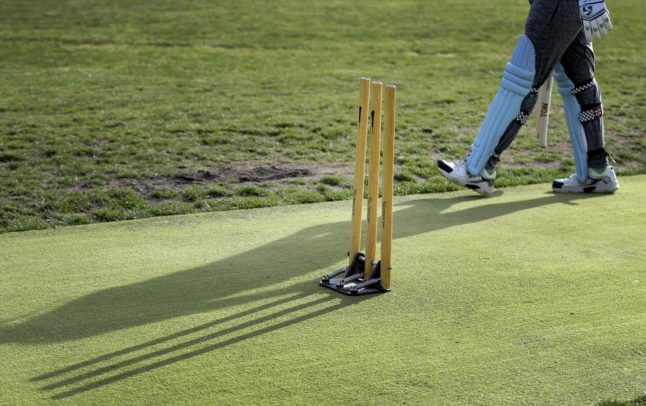The 75-year-old Swede, who has managed a slew of high-profile teams and took England to World Cup quarter-finals in 2002 and 2006, announced in February last year that he was stepping back from public appearances “due to health issues”.
“Everyone understands that I have a disease that is not good. Everyone guesses that it’s cancer, and it is. But I have to put up a fight as long as I can,” Eriksson told public broadcaster Sveriges Radio in an interview.
Eriksson said that in his doctor’s assessment he had “at best maybe a year (to live), at worst a little less”.
“You have to trick your brain,” he added.
“I could think about it all the time, and sit home and mope, feel unlucky and so on. I think it’s easy to end up like that,” he told the broadcaster.
“See the positive in things,” he said.
“Don’t bury yourself due to adversity. This is the biggest adversity of course, but try to make something good out of it.”
Born February 5th, 1948 in Sunne in western Sweden, Eriksson, who goes by “Svennis” to Swedes, found success as a football manager after retiring from a modest career as a defender.
In 1977, he became manager of Swedish club Degerfors IF. After leading the small club to success in lower divisions, he attracted the attention of bigger clubs.
He went on to manage Sweden’s IFK Goteborg before finding success internationally, managing Benfica in Portugal, as well as several Italian teams including Roma and Lazio.
His most high-profile position was as the first foreigner to manage England’s national squad.
Eriksson has since managed Mexico, Ivory Coast and the Philippines, but never his native Sweden’s national squad.



 Please whitelist us to continue reading.
Please whitelist us to continue reading.
Member comments